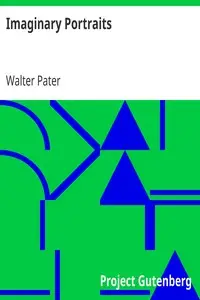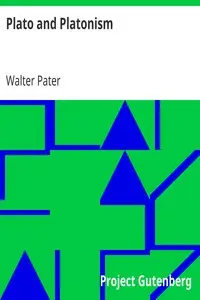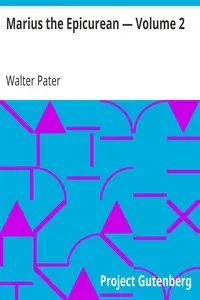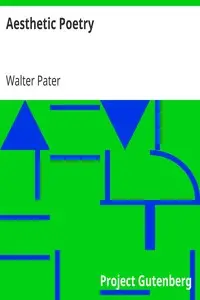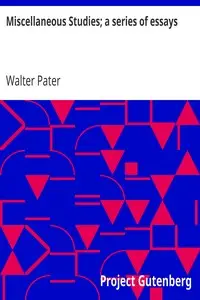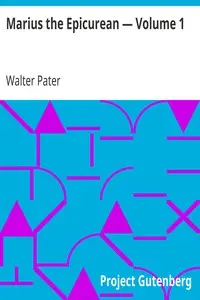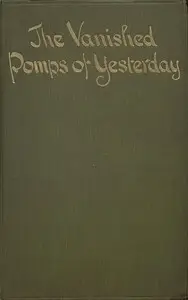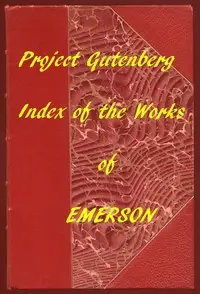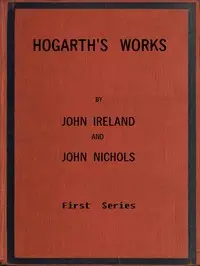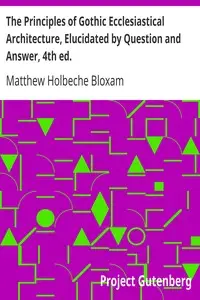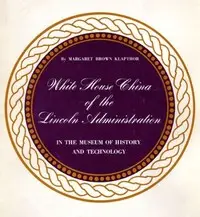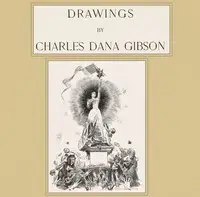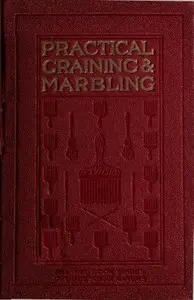"The Renaissance: Studies in Art and Poetry" by Walter Pater is a collection of essays that delves into the intricate relationship between art, poetry, and the cultural ethos of the Renaissance era, written during the late 19th century. The work examines notable figures and movements associated with this pivotal period in European history, embracing the revival of classical antiquity and the flourishing of humanistic ideals. Pater's essays not only elaborate on individual artists and poets but also reflect on broader themes such as beauty, emotion, and the transcendent qualities of artistic expression. The opening of the book introduces the reader to the subject of aesthetics and the complexities of defining beauty in a way that is both relatable and nuanced. Pater argues against abstract definitions and advocates for a more concrete understanding based on personal impressions and experiences of art and beauty. He emphasizes the importance of analyzing specific artistic works and figures, framing the Renaissance as a multifaceted movement whose roots can be traced into the Middle Ages. Pater sets the stage for his central discussions by touching upon the interconnections between various art forms and the intellectual currents of the time, outlining the journey from medieval influences to the vibrant artistic expressions that define the Renaissance. (This is an automatically generated summary.)
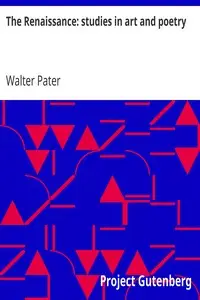
The Renaissance: studies in art and poetry
By Walter Pater
"The Renaissance: Studies in Art and Poetry" by Walter Pater is a collection of essays that delves into the intricate relationship between art, poetry...
Genres
Released
2003-05-01
Formats
epub
epub (images)
mobi (images)
epub3 (images)
mobi
Free Download
Overview
About the Author
Walter Horatio Pater was an English essayist, art and literary critic, and fiction writer, regarded as one of the great stylists. His first and most often reprinted book, Studies in the History of the Renaissance (1873), revised as The Renaissance: Studies in Art and Poetry (1877), in which he outlined his approach to art and advocated an ideal of the intense inner life, was taken by many as a manifesto of Aestheticism.
Total Reviews
10.0k
Total reviews from Goodreads may change

